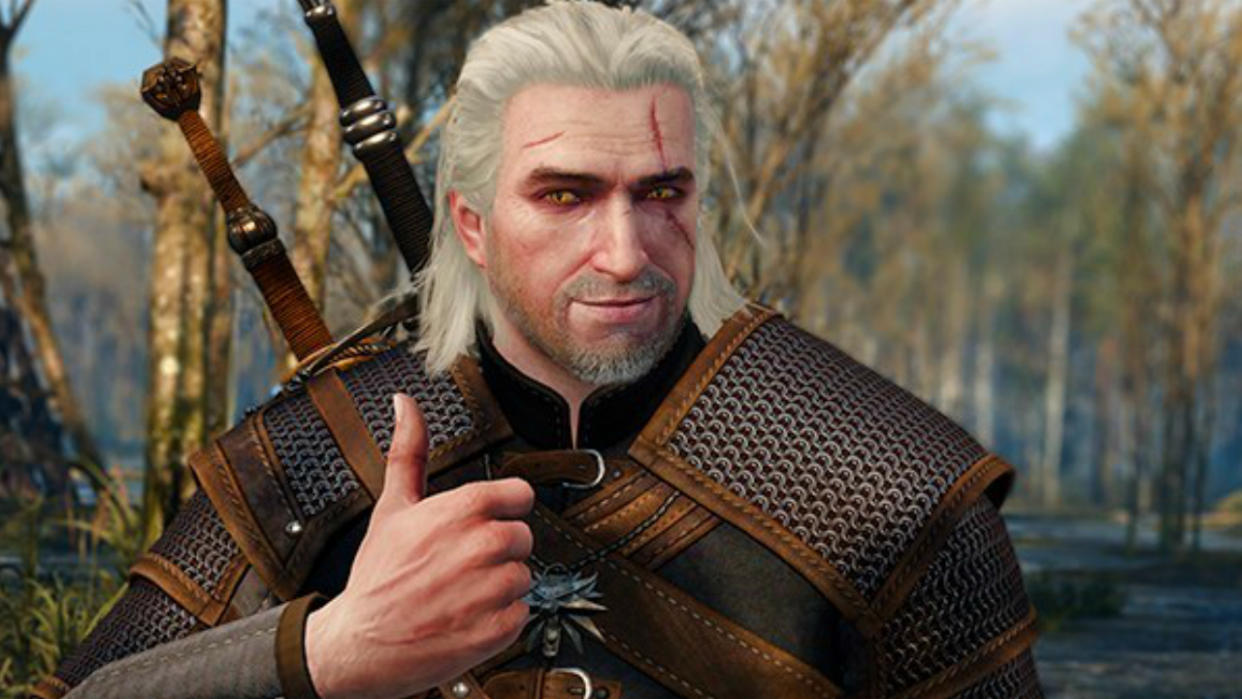The entire Witcher franchise only exists because of a single missing Polish word

You'd think there was some grand inspiration behind The Witcher book series - a fictional land rife with politics and undiscovered geographical points, or dragons and ogres for the hero to slay. After all, it's a popular series in its own right, plus it's got an acclaimed video game tie-in series and a Netflix adaptation that hasn't been canned yet.
But no, The Witcher creator Andrzej Sapkowski says the initial idea for the books came from the Polish language.
Some of you may remember from your GCSE classes that the German language has three genders - masculine, feminine, and neuter. Polish is the same, and this is what sparked Sapkowski's inspiration.
Sapkowski explains the beginnings of The Witcher during a livestream with YouTube channel Fantastic talk(s), run by five Ukrainian writers and hosts discussions on sci-fi and fantasy writing.
Translated by Witcher587 over on The Witcher subreddit, Sapkowski states in Polish the word 'witch' (wiedźma) is feminine. There is no masculine counterpart for the word, so Sapkowski decided to create it himself, which led to him coining the word 'wiedźmin', a male witch.
Sapkowski also reveals he didn't have a map in mind for The Witcher's setting, the Continent, and didn't want to make one to differentiate his series from other fantasy novels at the time. Instead, the first map was made by a Czech translator, Sapkowski says, and this was later used as the basis of all future maps.
It's incredible that The Witcher 4: Polaris and season 4 of Netflix's adaptation only exist thanks to one short word (or its non-existence) in Polish.
In the same interview, Sapkowski officially confirms he's working on a new Witcher book.


